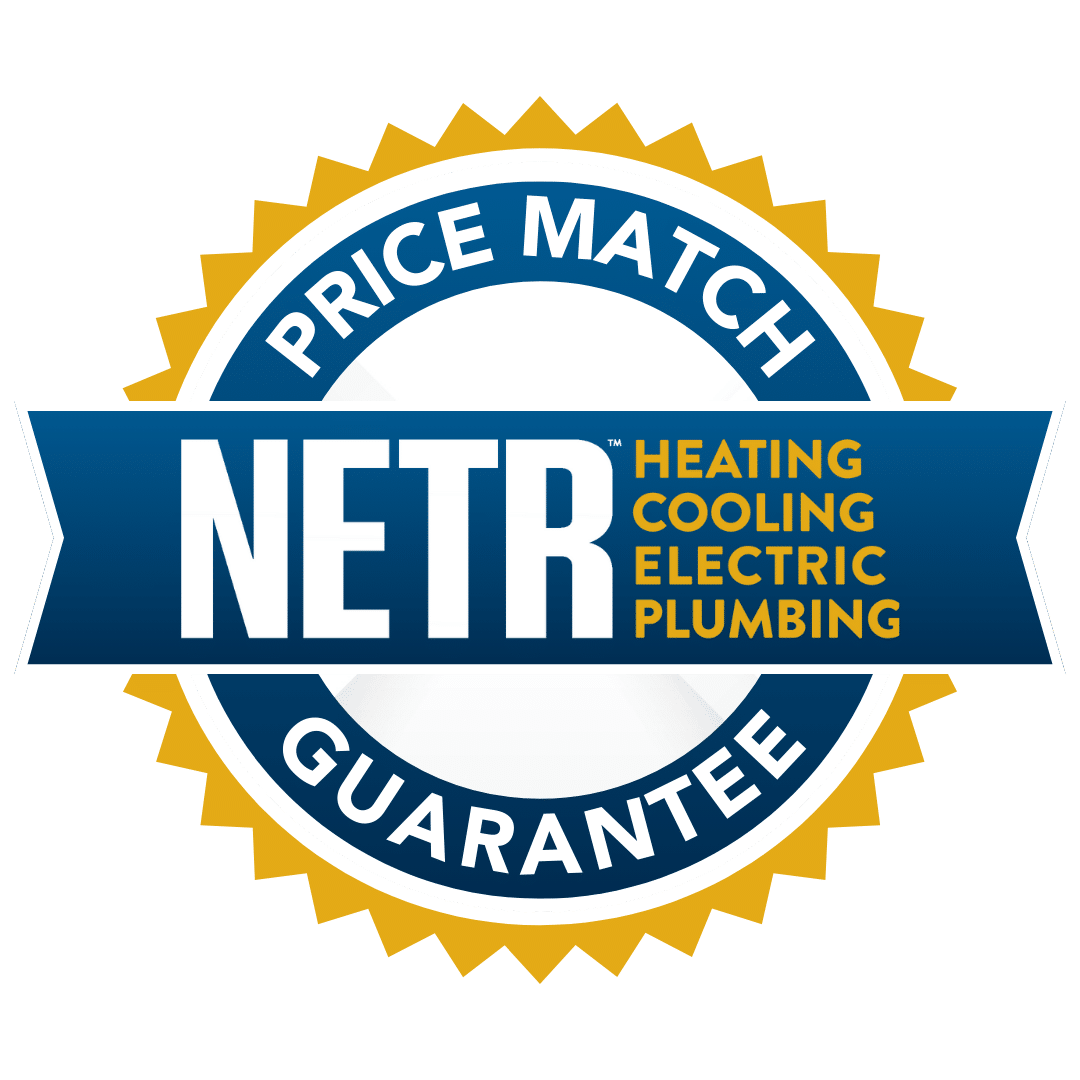In total, small businesses in the United States spend about $60 billion on energy costs every year. If you own a small business or a commercial property, you may regularly see big energy bills that cut into your bottom line. Luckily, there are a few steps you can take to reduce energy costs.
1. Schedule an Energy Audit
In many cases, businesses pay for energy they aren’t even using. For instance, if your storefront has old drafty windows, you’re likely paying for heating and cooling that seeps outside. To minimize these issues, consider contacting your local utility provider and requesting an energy audit. Many providers offer these audits for free. They look at your insulation, doors, windows, lighting, and other elements, then alert you to areas where you may be unnecessarily losing energy. They also can give you tips on improving energy efficiency.
2. Upgrade Inefficient Equipment and Appliances
As a general rule of thumb, appliances, office equipment, and HVAC equipment tends to get more efficient every generation. If you’re using outdated equipment, you may be wasting energy.
If you’re not sure whether or not an upgrade can save you money, talk with a specialist. For instance, if your HVAC system is old and outdated, an HVAC professional can help you assess the monthly savings related to buying new equipment. Then, they can help you crunch the numbers related to repairing old equipment versus investing in newer, more efficient alternatives.
3. Use Automatic Thermostats
With most business, a lot of energy costs stem from heating and cooling. Simply turning your thermostat up a few degrees in the summer and down a few degrees in the winter can make a significant impact on your bill. Ideally, you should reduce the amount of heating and cooling you use when your business is not in use, but unfortunately, remembering to manually adjust your thermostat can be difficult.
To ensure you never miss an adjustment, consider investing in an automatic thermostat that allows you to select different temperatures for various times of the day or night. For best results, opt for a thermostat that allows you to control it remotely through an app.
4. Integrate Automatic Controls on Lights
Automatic controls on your lights can also be helpful. In some cases, you may want lights that automatically turn on or off depending on the amount of sunlight entering your business. In break rooms, bathrooms, and offices, you may want occupancy sensors that turn the lights on and off depending on whether someone is in the room.
5. Embrace Passive Solar
To save money on your business’s energy bills, you may want to take advantage of free energy sources, like solar. You can add skylights or be diligent about keeping window treatments open to allow in sunlight. If you’re building a commercial property, consider orienting your building so that you have a lot of south facing windows that facilitate passive solar heat.
6. Get Your Employees Involved
Let your employees know you are trying to reduce your business’s energy costs. Remind them to turn off lights when leaving empty rooms, to shut down computers at the end of the day, and to make other energy saving choices. To keep employees accountable, use checklists and offer incentives.
7. Consider Zoned Heating and Cooling
Are there rooms or floors in your commercial building that are largely unused? Does your business generate different amounts of heat in different rooms? Then, you may want to consider zoned heating and cooling.
With zoned heating and cooling, you can turn off the heat or air conditioning in unused parts of your building. You can also set different temperatures in various areas. For instance, if you run a restaurant or a bakery, you may need additional cooling in your kitchen full of heat-producing appliances, but you may not need as much cooling in your dining area.
8. Maintain HVAC Equipment
Poorly maintained HVAC equipment tends to be more expensive to run. When ducts are dirty, traditional HVAC equipment can’t push air through the system as easily, forcing the equipment to run more often. Similarly, clogged filters, fans full of debris, dirty condensers, broken components, and a range of other issues can also cause HVAC equipment to run less efficiently.
When you schedule regular service for your HVAC equipment, you get filters changed, components cleaned, and repair issues spotted quickly. That keeps you on top of repairs and helps to save your business money in the long run.
9. Complement HVAC Systems with Fans
Fans can also help to reduce energy costs. When you pair fans with your cooling efforts, you increase the air chill in your building, helping to reduce the amount of air conditioning you need to use. In the winter, ceiling fans should run the opposite direction to complement your heating efforts.
At N.E.T.R., Inc., we help businesses be more efficient. We can service existing commercial HVAC and refrigeration systems and help you decide when to upgrade to new equipment. We offer ductless heating and cooling solutions for businesses that want the advantages of zoned heating and cooling. To learn more or to setup a consultation, contact us today.

